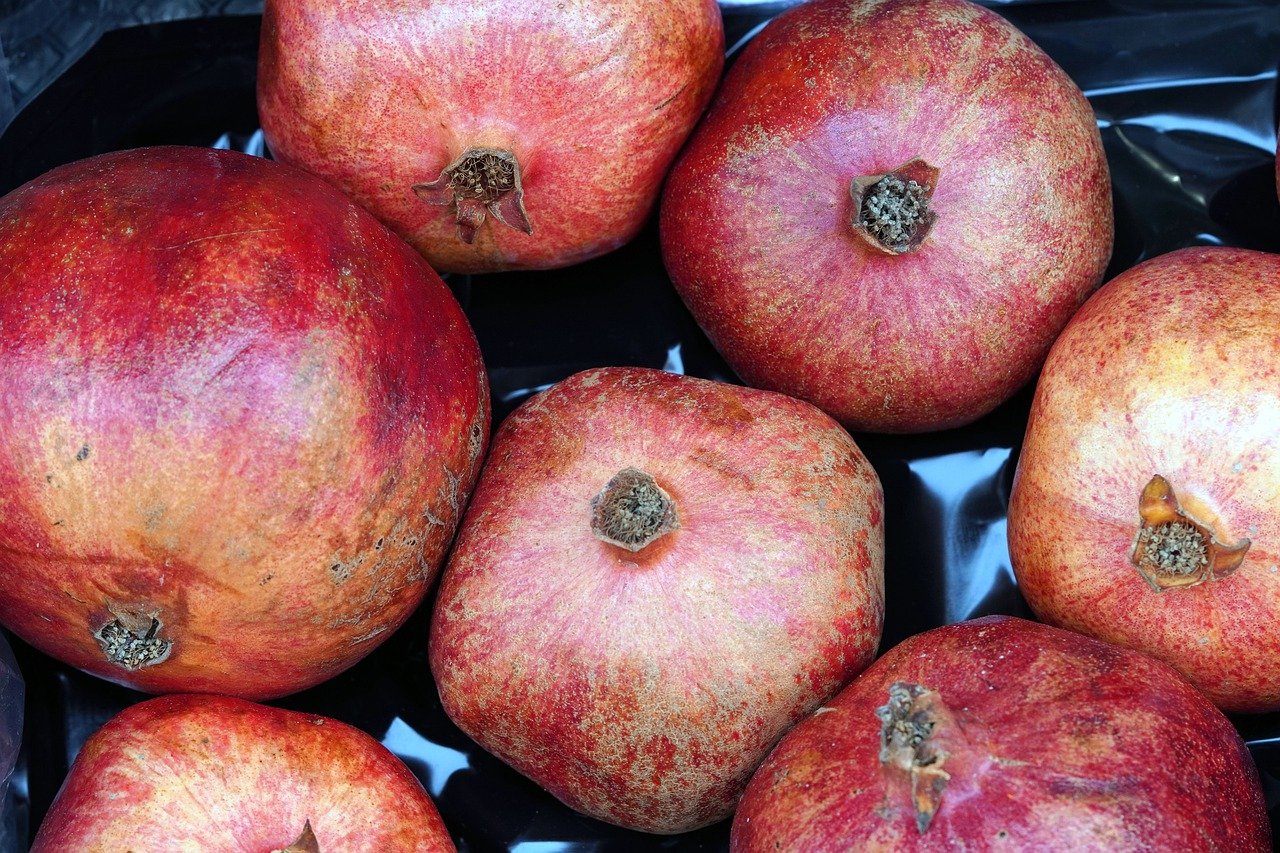“`html
Protein intake is a crucial aspect of a balanced diet, playing a vital role in overall health and wellness. While carbohydrates and fats are often the stars of dietary conversations, protein deserves an equally prominent position. Understanding the significance of protein, recognizing its sources, and calculating your individual protein needs can lead to better health outcomes, enhanced athletic performance, and effective weight management. In this blog post, we will explore the various dimensions of protein intake, including its benefits, daily requirements, sources, and tips for maximizing your consumption.
The Importance of Protein
Protein is one of the building blocks of life. It is essential for various bodily functions, and here are the primary reasons why adequate protein intake is pivotal:
1. Muscle Development and Repair
- Helps in building new muscle tissues.
- Repairs muscles that may be damaged during exercise.
- Supports recovery post-exercise, reducing soreness.
2. Hormonal and Enzymatic Functions
- Proteins such as enzymes help catalyze biochemical reactions in the body.
- Hormones like insulin, which are proteins, regulate blood sugar levels.
3. Immune System Support
- Antibodies, which are proteins, protect the body from pathogens.
- Adequate protein intake boosts immune function.
How Much Protein Do You Need?
Determining your protein needs can vary based on several factors like age, sex, activity level, and overall health goals. Here’s a guideline to help:
1. General Recommended Daily Allowance (RDA)
- For most adults: 0.8 grams of protein per kilogram of body weight.
- Athletes and highly active individuals: between 1.2 to 2.0 grams per kilogram, depending on the intensity of activities.
2. Specific Population Groups
- Seniors: may require up to 1.2 grams per kilogram to preserve muscle mass.
- Pregnant and breastfeeding women: need 1.1 to 1.3 grams per kilogram.
Sources of Protein
Protein can be sourced from both animal and plant-based foods. Here are some high-protein options:
1. Animal-Based Sources
- Chicken breast: 31 grams of protein per 100 grams.
- Fish (e.g., salmon): 25 grams per 100 grams.
- Eggs: 6 grams of protein per egg.
- Dairy products (milk, cheese, yogurt): 8 grams per cup of milk.
2. Plant-Based Sources
- Legumes (beans, lentils): 15-20 grams per cooked cup.
- Tofu: 8 grams per 100 grams.
- Quinoa: 8 grams per cooked cup.
- Nuts and seeds: varied; for instance, almonds provide 6 grams per ounce.
Tips for Increasing Protein Intake
Integrating more protein into your diet doesn’t have to be complicated. Here are some practical tips:
1. Set Protein Goals
- Use a food tracking app to monitor your daily intake.
- Set daily protein goals based on your RDA and activity level.
2. Opt for Protein-Rich Snacks
- Include snack options like Greek yogurt, protein bars, or mixed nuts.
- Pair fruits with nut butter to boost protein content during snacks.
3. Meal Prep with Protein in Mind
- Prepare meals that incorporate a protein source with each sitting.
- Plan for leftovers, using protein-rich foods for lunches and dinners throughout the week.
Potential Risks of Overconsumption
While protein is essential, balance is key. Overconsumption can lead to:
1. Kidney Strain
- Excessive protein intake can put stress on kidneys, especially in individuals with pre-existing kidney conditions.
2. Nutrient Imbalance
- Focusing too heavily on protein may result in insufficient intake of carbohydrates and fats, leading to nutrient deficits.
Conclusion
Your protein intake is a cornerstone of a healthy diet, supporting various bodily functions ranging from muscle repair to immune health. By understanding your individual protein needs, recognizing quality sources, and implementing practical strategies to boost your intake, you can enjoy the myriad benefits protein has to offer. Remember to find the right balance, ensuring that your diet remains well-rounded and nutritious. Whether you’re an athlete, a busy professional, or simply aiming to improve your overall health, prioritizing protein can lead you toward achieving your nutritional goals.
“`



